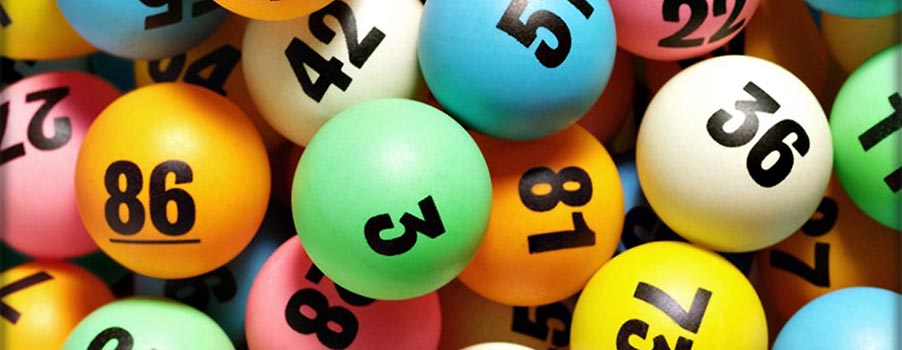A decent number of states have either already legalized sports betting or are on exploring similar legislation that will lead the United States to a new era that will be defined by a regulated multibillion-dollar industry. This presents a plethora of new opportunities that have attracted a number of new interested parties including the gaming operators, the professional sports leagues, and most recently, the lottery industry.
The $80 billion United States lottery industry through the North American Association and Provincial Lotteries (NASPL) said in a statement that the lotteries are prepared to “help establish the real-world network that would be involved if called upon to do so.” The state lotteries have always supported the idea of state governments being given back the ability to decide on gambling laws for their respective states.
Thanks to last week’s Supreme Court ruling that lifted the federal ban on sports betting, all states can now legally draft their own sports betting laws and regulations and this opens up the field for interested parties to begin offering sports betting services. The NASPL believes that they are well positioned and sufficiently equipped to join and offer sports betting services if given the opportunity to do so, their main advantage being, their strong relationship with pubs, bars, and clubs.
“In addition, some American lotteries already sell their products on the internet, a potential avenue for sports betting if a state allows that option,” the group’s officials said. “The court’s ruling on PASPA will help preserve the founding principles and integrity of American lotteries. The ruling will also potentially provide the freedom necessary to enhance the more than $22 billion that American lotteries returned to their states in FY2017.”
The Next Big Growth Category
Among the aggressive proponents of the Supreme Court ruling and subsequently the involvement of the lottery industry is the founder and chief executive of EquiLottery, Brad Cummings. He believes that industry should take advantage of the opportunity to ensure the legislation is benefits all the relevant gaming verticals. He pointed out that both state and national lotteries should look into creating new categories tailored specifically for sports gambling. This will give them a fighting chance and allow them to compete with all the other gaming entities that stand to benefit from a regulated sports betting market.
“Some states allow at least live horse racing to be a basis for a lottery game, some states prohibit any live sports integration with lottery and most are silent on the issue,” he said. “We advise that regardless of their situation, state lotteries should fight to be included and expand their product offerings into the sports gaming market. While these will be games of chance that don’t directly compete with the skill versions that are sure to be offered by others, the lotteries have some unique advantages that allow them to solve problems that traditional sports gaming cannot; a big one being the licensing fee leagues are demanding for their product to be utilized. Since the margins are much larger on lottery games, especially draw games which I think are the most analogous to a live sports lottery category, the fee won’t be cost prohibitive like it can be if taken out of a vig.”

